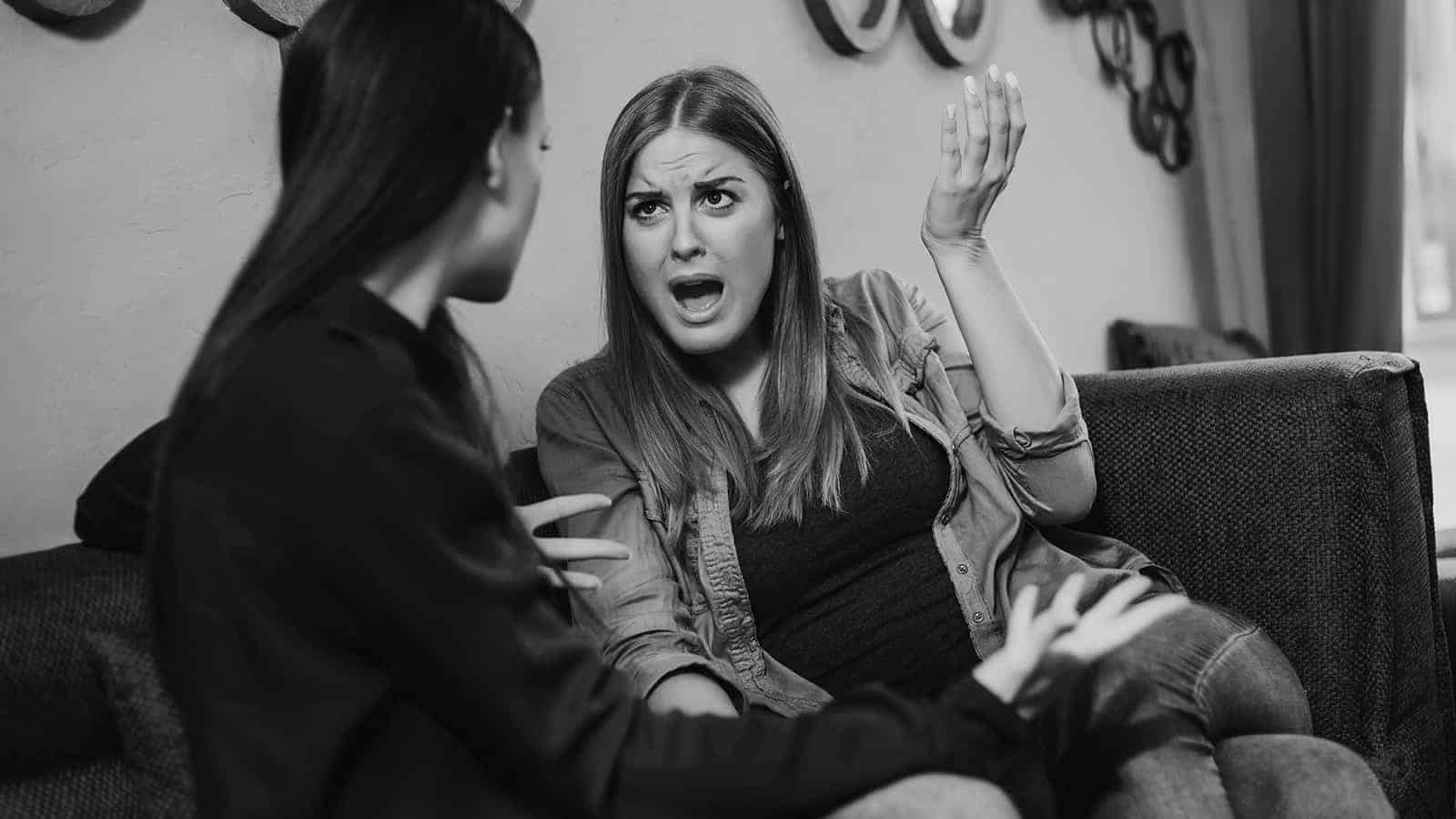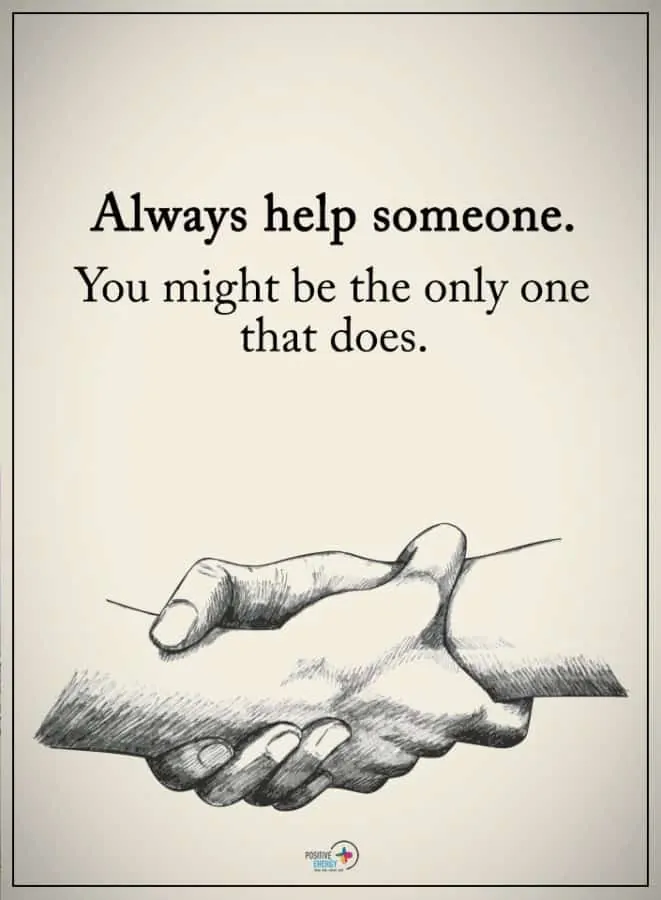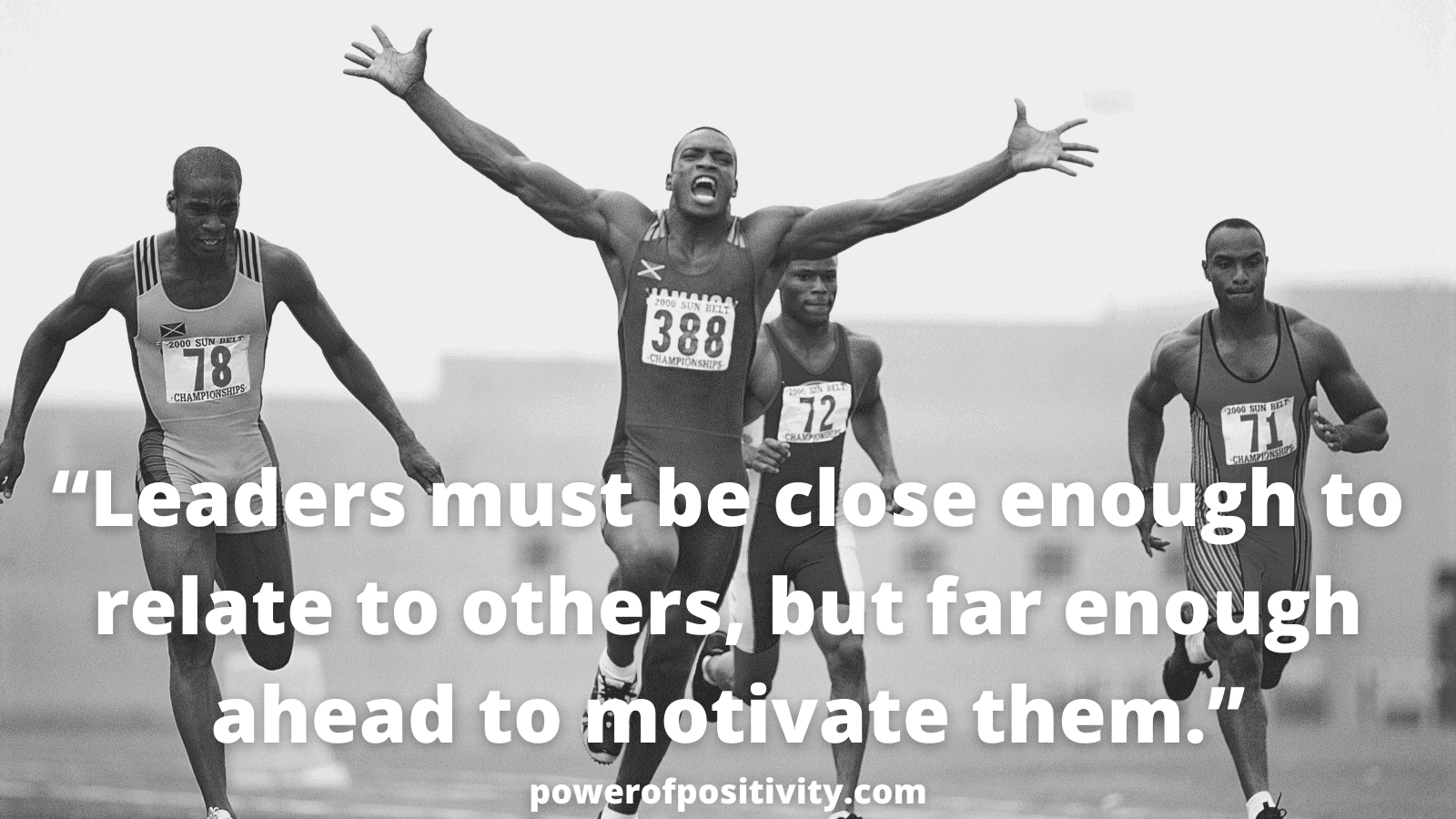Have you ever noticed a friend struggling a lot with something and reached out to offer support or help? In most cases, a friend is often grateful that you’ve noticed an issue and will take you up on the offer. They may even promise to have your back when you need it next time.
But in some cases, a friend will turn you down. You can clearly see that they need your assistance, and yet they’re acting as if they very strongly do not want it. They continue to struggle and turn down the offers for support from everyone who tries to bring it up, and they may even get angry at these offers.
If you’ve ever seen that occur, then you might have been pretty confused, as it doesn’t seem to make that much sense. Someone who desperately and obviously – to you at least – needs help is turning it down, even though you’re a friend who they trust! It can be quite confusing and bewildering, and it may even significantly concern you as you worry about their wellbeing.
So, why does this happen? What would cause someone to rebuff and reject assistance at every turn, even if they look like it would be beneficial to them? Is there any way for you to break through that rebuttal? Here are 10 reasons why some friends refuse to accept your support.
1. They Don’t Want To Be Vulnerable
The act of accepting help from others requires someone to be open to being vulnerable. For your friends, this means:- Allowing someone to see them at low points
- Risking being hurt or rejected by you after you see their flaws
- Opening themself up to the possibility of being judged
Vulnerability is scary for most people, even when it doesn’t make logical sense for that vulnerability to be a problem. Don’t take it personally – even if someone trusts you, it’s natural for them to want to stay as secure and safe as possible, which means remaining closed off in their time of distress.
2. They Don’t Perceive It As Necessary
Different people have different limits and boundaries. To you, what your friend is going through may seem like it obviously requires assistance, but to them, it may seem like no big deal at all.
Most people are somewhat capable of distinguishing when they truly need help, and when they don’t. If you’re concerned that your friend isn’t thinking clearly, express your concerns about them. Try to frame it in a way that is genuine and honest but not offensive. Basically, state why you’re worried that they may need help and offer what you can. If they still say they don’t need help, respect that.
3. They Don’t Want To Be Obligated To Reciprocate
Social norms dictate that the proper, positive thing to do when someone helps you is to be ready to reciprocate. This value is what society was founded on, with cooperation among communities of the earliest human beings.
If your friend doesn’t feel up to returning favors or reciprocating, they may turn down help to prevent that issue from arising. They may:
- Feel like all forms of assistance basically come with a price tag
- Feel as if their freedom and autonomy are threatened by impending obligation
- Not want to be at a disadvantage later if you ask something of them.
Even if you try to tell your friend that you don’t expect anything in return, be prepared for them to continue to rebuff you. They might not feel right about accepting a favor they don’t want to return.
4. They Cannot Reciprocate
In a similar vein to simply not wanting to reciprocate, some friends may lack the ability to repay you at all. This is especially true for bigger forms of help that can be seen as huge favors from you to them.
Even if you try to convince someone that you don’t want repayment, many people will continue to turn down help offers if they know they won’t properly repay you. It’s a personal decision often based on a personal code of honor or set of values.
5. They Have A Lot Of Pride
Pride is one of the most common reasons that someone may refuse to accept support. After all, everyone has a sense of dignity, and some find that theirs would be more easily lowered when they can’t do things by themselves. A friend who has a lot of pride might feel that:
- It is their duty to complete tasks on their own with no assistance, lest it is akin to admitting defeat
- Being helped means that they are inferior, deficient, or inadequate compared to their helper
- Accepting assistance would mean admitting that they have weaknesses or shortcomings
- An offer of help somehow implies that they are not capable of handling something on their own
- They are being treated like a charity case or being offered assistance out of pity
6. They Have Negative Past Experiences From Accepting Help
Trust issues are often made a joke in the media, but they’re genuine and can be debilitating. If your friend has been in a position before accepting help led to negative consequences, they may turn you down on a reflex to protect themselves. Examples of negative past experiences include:
- An acceptance of the help that led to that support being used as a bargaining chip against them
- Someone in the past acting entitled to favor from them after helping them out
- Manipulation by someone who claimed to be helping but was actually trying to take advantage of them
- Past demands of repayment from someone who helped them
- Being guilt-tripped after accepting help to the point where they regret accepting in the first place
- Severe past trauma from abuse
7. They Don’t Like How It’s Being Offered
Before you start accusing your friend of being unreasonable, look at yourself first. Are you offering help in a way that your friends are comfortable accepting? Someone is less likely to accept any support from you if you do the following:
- Act patronizing as if you know better than them that they need help
- Act as if you are above them and therefore helping because you can do a better job
- Imply that you don’t believe they are capable of doing things themselves for highly negative reasons
- Aren’t the right person to offer such a thing, and they know it
- Act as if you know all the solutions and aren’t listening to their perspectives or input
- Have ulterior motives
It’s important to make sure that you’re approaching this situation helpfully and beneficially. If your approach isn’t positive, you can’t expect to have your offers accepted!
8. They Don’t Feel Like They Deserve Help
Some people refuse offers for support simply because they think they aren’t worthy of it. It’s certainly a harmful thought pattern to participate in, but many people don’t know how to control it or overcome it.
Think about your friend’s background. What do you know about them that may tell you why they’re behaving this way? Consider, for example, that they may:
- Have grown up in an abusive home where they felt as though they were undeserving of anything
- Believe that asking for anything at all is selfish, and something not to be done.
- Think they don’t have any right to accept offered help
- Feel that they need to earn your assistance and that they have not done so yet
- Retain old trauma that tells them they may be punished for accepting any help from you or others
- Feel guilty if they accept your help
9. They Don’t Want To Trouble Or Burden You
Many people fear the act of putting a burden on the shoulders of the people they care about. Your friend may not want to trouble you with their difficulties and messes. They may feel as though they are carrying a burden of some kind and don’t want you to suffer with them.
If you’re up to the emotional, physical, and mental labor of assisting, you can try to reassure your friend that this is of no trouble to you. You can also add a statement saying that you will inform them the second you need to step away for your wellbeing if it applies.
10. They Have A Disorder That Dysregulates Their Perception
A huge number of mental disorders can affect the way someone perceives others. If your friend is diagnosed with certain conditions, they might have more trouble accepting your help, seeing it as genuine, or even realizing that they need help.
In this type of scenario, it may be best to consult a mental health professional about this, speak to someone closer to them, know them intimately first, or do your own research about the disorder before going forward.
Final Thoughts On Reasons Why Some Friends Refuse To Accept Your Support
It can be difficult watching a friend struggle but turn down all forms of support. At the end of the day, though, they get the final say on who can help them and who can’t. It is their right to refuse even the most reasonable offers. You have to respect their wishes, even if you leave an open offer or continue to check on them.
If you are anxious, it may be a good idea to sit down and have an honest conversation with your friend. Express your concerns in a clear, non-confrontational manner and ask if anything is preventing them from accepting your support. Sometimes, showing your genuine desire to help may be enough to override whatever is causing the refusal.
At the end of the day, though, there will always be people who have trouble accepting others’ support. It’s not as easy to overcome these feelings as it seems. You have to use positive thinking and try your best not to take it personally!
If you want to, you have the option of leaving the door open for support in the future. You can do so by ensuring that your friend knows you will be more than happy to help as soon as they say the word. This way, you respect their decision while extending a helping hand, and who knows? One day, your friend may take you up on it!

















 Community
Community

